 Today, InsideHigherEd has published an essay I wrote while reflecting on time management for faculty members during this era of storm and stress in higher education. I firmly believe I have articulated the appropriate mindset for faculty to adopt...especially under current circumstances. I look forward to hearing folks' thoughts on the piece at https://www.insidehighered.com/opinion/career-advice/advancing-faculty/2024/02/29/benefits-being-selfish-teacher-scholar-opinion Educators: I have a presentation on this topic I would be pleased to offer to your faculty group.
0 Comments
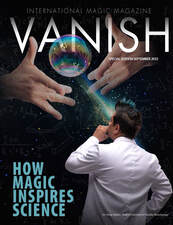 Today, September 2, 2022, is World Magic Day. Coincidentally, it also marks the release of a special issue of Vanish Magazine devoted to the interaction of science and magic. The issue includes a piece by me, exploring the pedagogical value of using magic in the classroom. It also includes pieces from many of my friends and colleagues, including Gustav Kuhn, Jason Leddington, Jeanette Andrews, Jamy Ian Swiss, and Richard Wiseman. The issue is free to download at https://joom.ag/IjId. I am pleased to announce the publication of some research that has been a decade in the making. We set out to find concrete evidence of self-deception among performing magicians, but we ended up finding something arguably more interesting! This work was carried out in collaboration with Kaitlyn Richardson and Shawn Eric. Kaitlyn was an undergraduate working in my lab. She is now in law school at the University of Nebraska. Shawn Eric is a professional magician living in Phoenix. This work is being published in a special section of Psychology of Consciousness devoted to the science of magic. https://doi.org/10.1037/cns0000321
Updates: This research has now been featured in a few popular media stories, linked below.
The entire special section has also been packaged together in an open-access format by the Science of Magic Association. You can read all the pieces, including mine, at https://scienceofmagicassoc.org/blog/2022/10/11/soma-special-section-2022. Jeniffer Ortega, my collaborator at the Universidad Nacional de Colombia is building a nice research program exploring metacognition as it relates to attention and perception. Along with Patricia Montañes, Gustav Kuhn, and me, she has published new work in i-Perception showing that people's metacognitive judgments are heavily biased by their own experiences. People who experienced change blindness or inattentional blindness were more likely to think others would experience the same. Dr. Ortega's paper is open access at https://journals.sagepub.com/doi/10.1177/20416695211039242.
In a move that was way outside my comfort zone, I worked with my past student Lauren Patt to publish a narrative review of strategies for addressing alcoholism in homeless populations in the Journal of Student Research. The work was inspired by a field experience she had during her senior year at Carthage. She had already completed one field placement for her thesis work, but wanted to gain experience in a new environment, which led to her working with the Kenosha Shalom Center — an organization that provides resources such as food, housing, and guidance to families in need in the Kenosha community. Although her field placement was cut short due to the pandemic, Lauren continued to think about the experience and wrote her review paper as part of an independent study with me. In the fall, Lauren is starting graduate school at UW-Parkside, working toward a master’s degree in clinical mental health counseling. Congratulations, Lauren! Lauren's paper is available here. And here's a video synopsis of the work: Experiments using eye movements as a dependent variable have become ubiquitous. However, the field has moved so quickly that there are few standardized practices in the research community. In a new paper, now out at Attention, Perception, & Psychophysics, Hayward Godwin, Mike Hout, Katrín Alexdóttir, Steve Walenchok, and I have tried to remedy this situation. I am proud to have had any hand in this important contribution to the literature!
Full reference: Godwin, H. J., Hout, M. C., Alexdóttir, K. J., Walenchok, S. C., & Barnhart, A. S. (2021). Avoiding potential pitfalls in visual search and eye-movement experiments: A tutorial review. Attention, Perception, & Psychophysics. https://doi.org/10.3758/s13414-021-02326-w I contributed a brief tutorial to the Society for the Teaching of Psychology's 2020 Teaching Tips book on a magic trick that I frequently use in the classroom to inspire critical thinking. The entire book is available FOR FREE at http://teachpsych.org/ebooks/teachingtips4.
My newest paper, with collaborators from Harvard Medical School, SUNY Downstate Medical Center, and Arizona State University, was published in the Journal of Eye Movement Research. The work explores the relationship between microsaccades and covert attention. Since its publication, it has already been featured on the Scientific American website. The paper and supplementary materials are published in open access at https://bop.unibe.ch/JEMR/article/view/4333-Barnhartetal-Article.pdf
Congratulations to Jeniffer Ortega, a Ph.D. student at the National University of Colombia, on the publication of some of her dissertation research in Consciousness and Cognition, alongside Gustav Kuhn and me. This is some of the first work using magic to study visual metacognition. https://www.sciencedirect.com/science/article/abs/pii/S1053810018301557
The newest publication from my lab has just been released by Attention, Perception, & Psychophysics. I'm particularly proud of this piece for a few reasons: 1) It's my first publication related to some issues that have been central to my research program for the last few years, 2) it's my first publication with student co-authors (Mandy Ehlert & Alison Mackey), and 3) the release of this paper roughly coincides with the release of the CBC / Reel Time Images documentary on the Science of Magic that highlights this work! https://link.springer.com/article/10.3758/s13414-018-1497-8
I have made the paper available here. I'm pleased to announce the publication of a paper that has been years in the making. In "The Poverty of Embodied Cognition," published in Psychonomic Bulletin & Review, my co-authors and I argue that the embodied cognition fad is largely intractable and has little to offer psychological science, in general. http://link.springer.com/article/10.3758%2Fs13423-015-0860-1
I published some new work in Psychonomic Bulletin & Review. "Orthographic and phonological neighborhood effects in handwritten word perception" (.pdf available here)
|
AuthorI am an Associate Professor of Psychological Science at Carthage College, in Kenosha, Wisconsin. Archives
February 2024
Categories
All
|
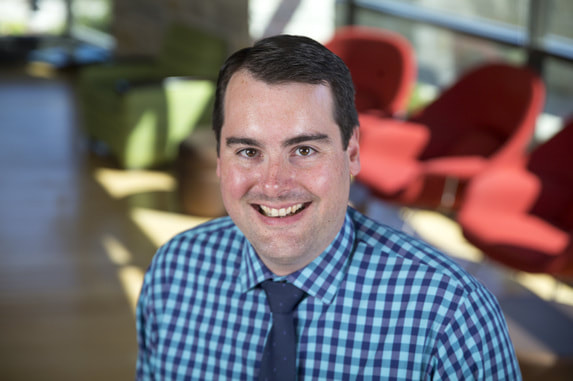
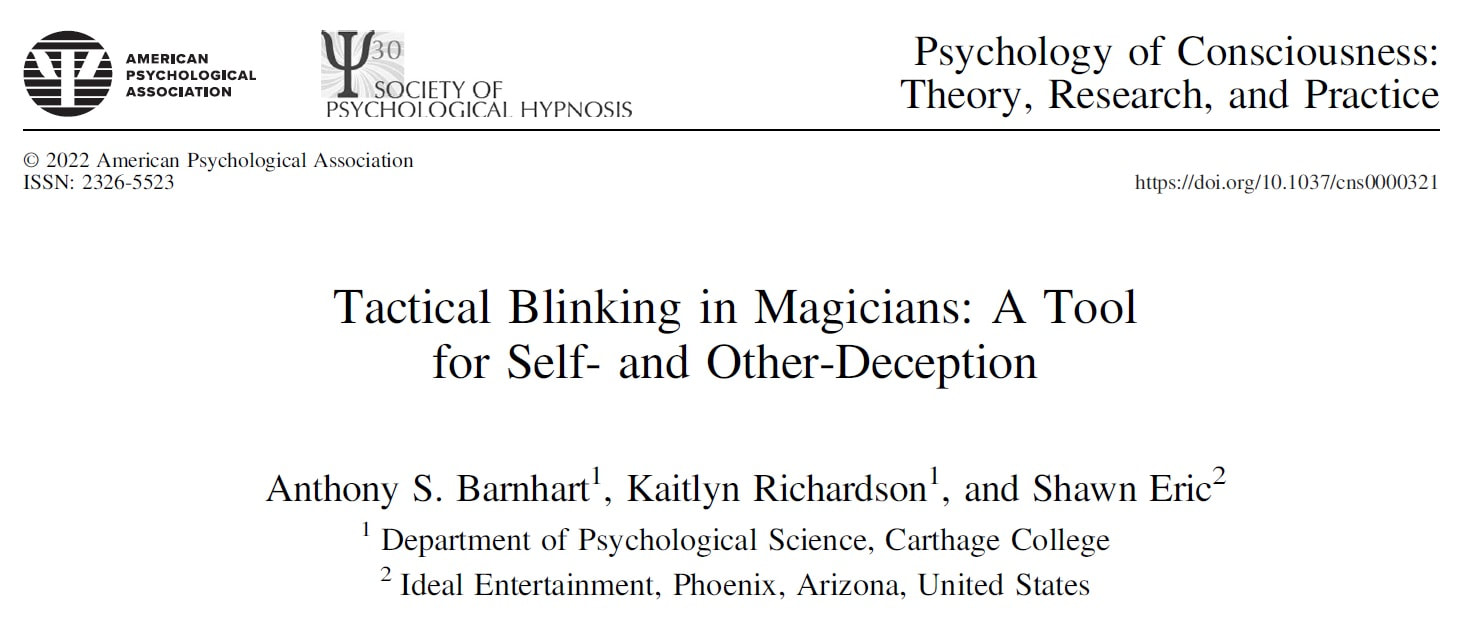
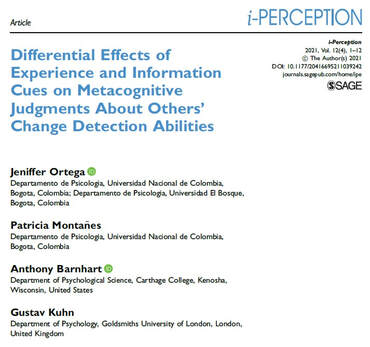
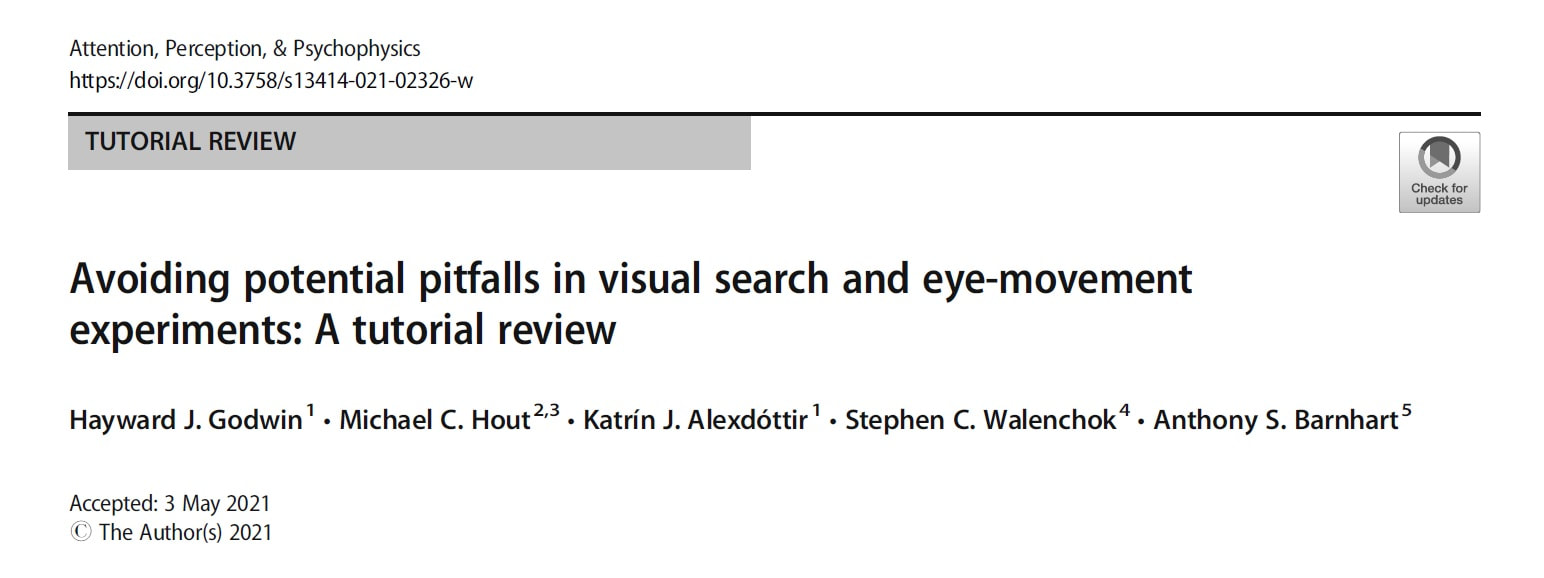
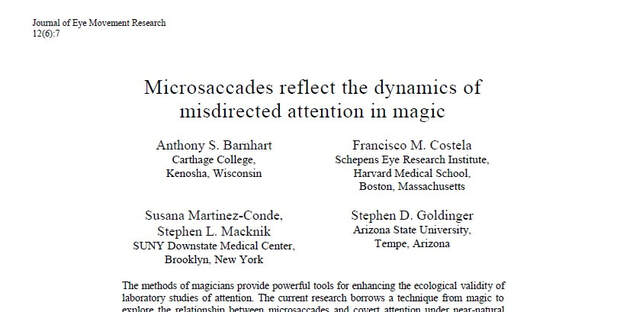
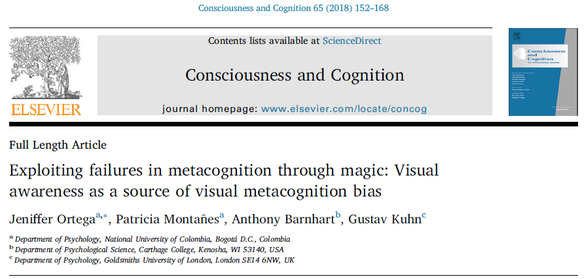
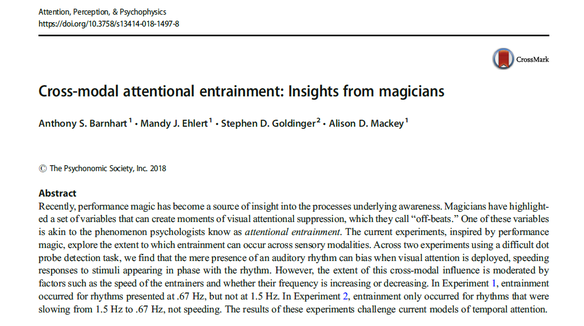
 RSS Feed
RSS Feed
